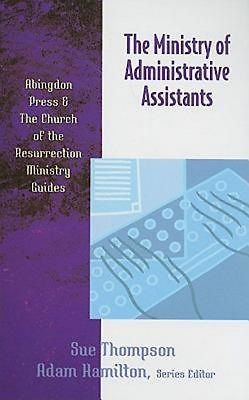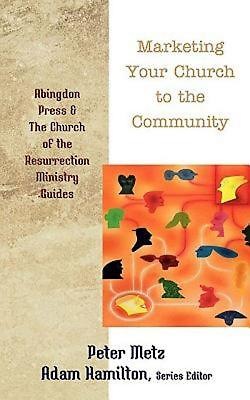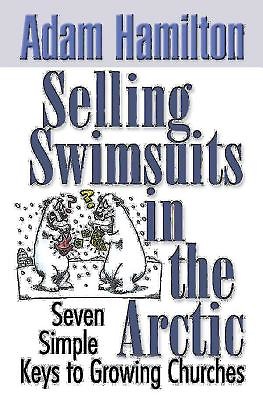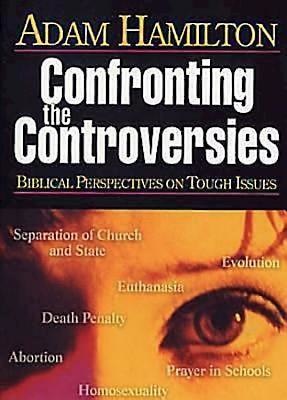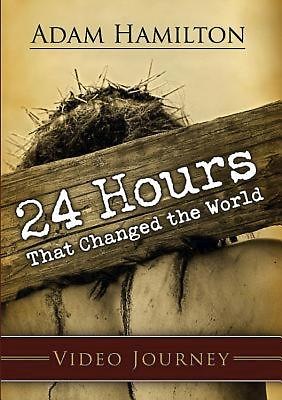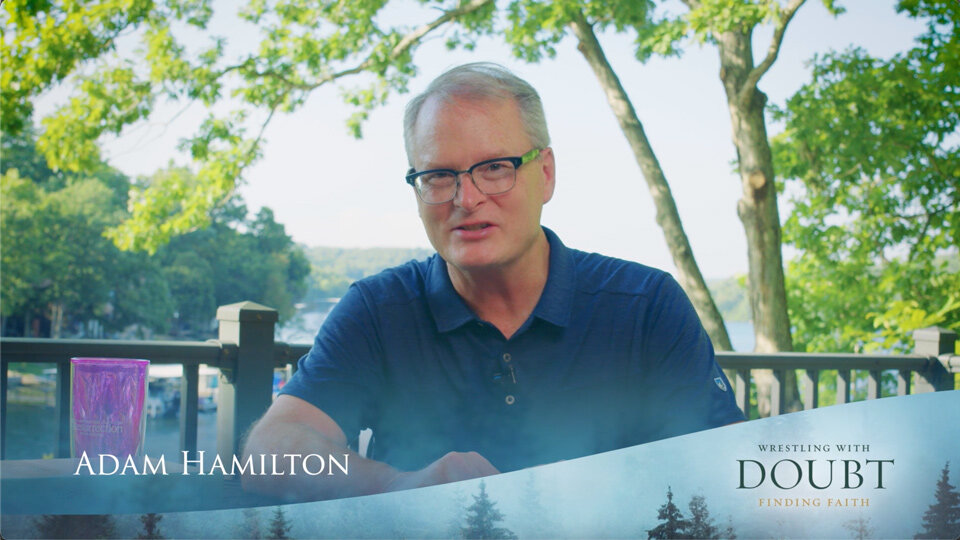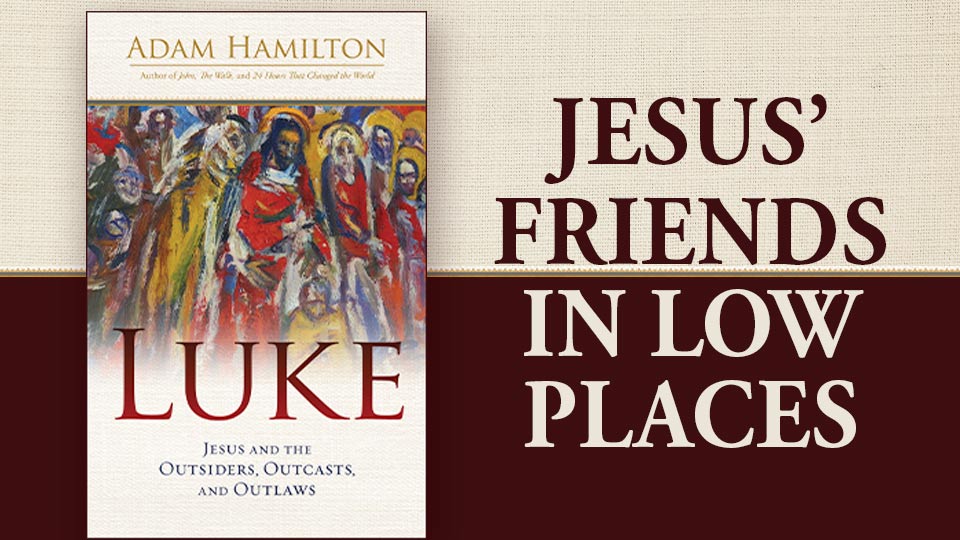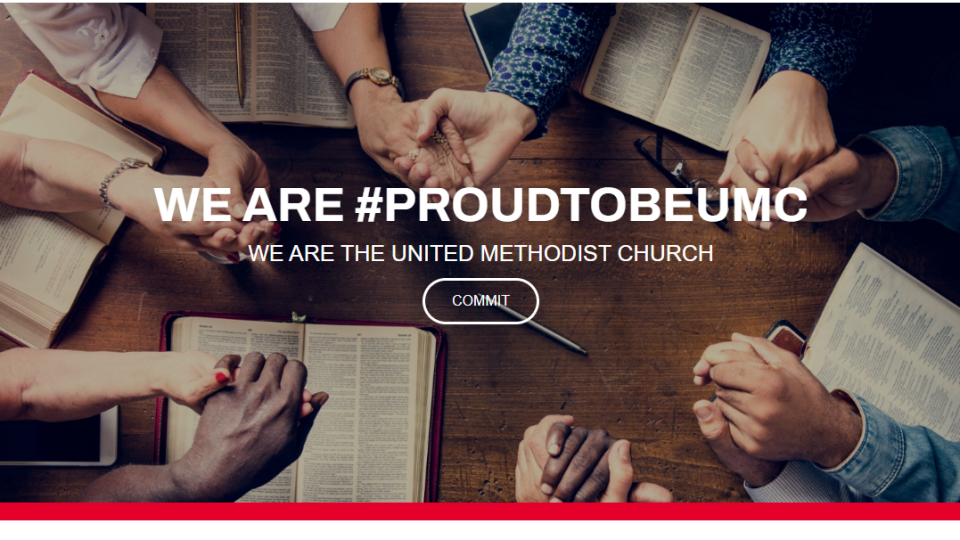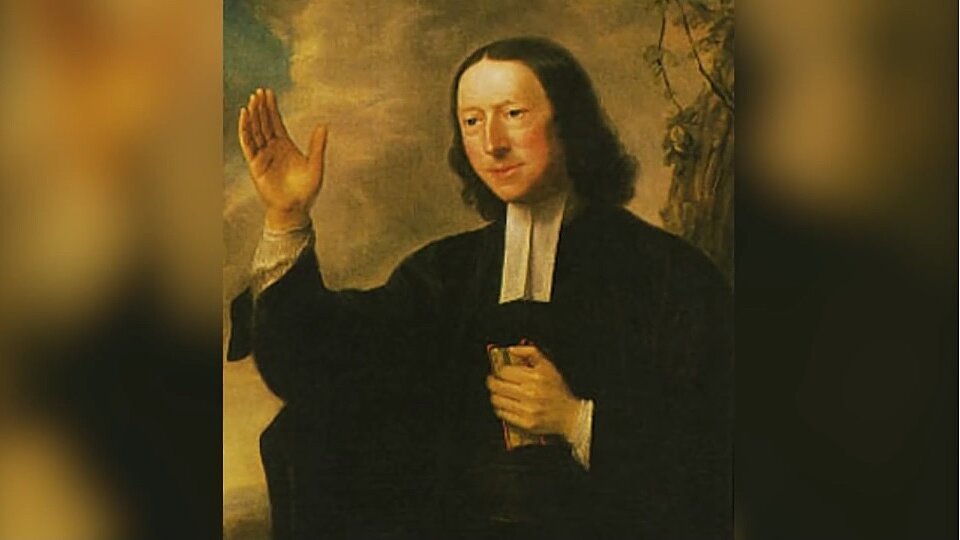This is the second in a series of articles on The United Methodist Church. As a new conservative Methodist denomination launches in May of this year, and United Methodist Churches and annual conferences consider whether to remain United Methodist or join this new expression of Methodism, I offer these posts as a way of reflecting upon what I find compelling about The United Methodist Church, what I hope for its future, and why I, and the Church of the Resurrection, will remain United Methodist. In my last post, I spoke of United Methodism’s intellectual evangelicalism. In this post, I’ll focus on its gracious orthodoxy.
As I concluded my sermon one Sunday years ago, I learned that a family in the church had just received word that their twenty-two-year-old son had died in a tragic accident. They’d left immediately for the airport. Later that day, I was finally able to reach them by phone. On the other end of the line, I heard the voice of a father in shock and grief. He said, “Pastor Adam, there is only one thing that is holding me together right now. It is a set of words I memorized in confirmation.” He began, “I believe in God the Father almighty, maker of heaven and earth,” and he continued reciting the entire Apostles’ Creed. As he got near the end, his voice became strong, filled with conviction, as he said, “I believe in the resurrection of the body and the life everlasting,” then he concluded, “Pastor Adam, that’s all that is holding me together right now.”
What we believe matters. Our deepest theological convictions reflect our understanding of who God is and God’s will for our lives. They shape how we see the world and our place in it. They provide the lens through which we view tragedy and evil, suffering and death. And, for Christians, our theological beliefs lead to hope even in the face of death. These foundational convictions “hold us together,” in times of tragedy, sorrow or loss. For this grieving father, his convictions about God, summarized by a creed he learned in sixth grade, gave him something to hold onto when his world came crashing down.
I joined The United Methodist Church when I was eighteen years old precisely because of the church’s foundational convictions about God. I was searching for a spiritual home after the loss of two good friends. I had checked out a copy of The Book of Discipline of The United Methodist Church from my university library. It was while reading the section called “Doctrinal Standards and Our Theological Task” that I knew I’d found a spiritual home.
I was taken by just how thoughtful, deep, and historically and biblically informed The United Methodist Church’s doctrinal statements were. I was moved by the way the Discipline described how United Methodists work out their theological affirmations – the process of “doing theology” – and how they seek to live their theology. I appreciated that United Methodists clearly state that scripture is the primary source for Christian doctrine while also recognizing the important role of tradition, experience, and reason in interpreting scripture and reflecting on its meaning for theology. There was a depth, substance and spirituality in these words about the church’s theology that resonated with me then, and still does today.
The words of this section of the Discipline reflect a gracious orthodoxy. The Discipline affirms the historic doctrines of the Christian faith as articulated in the creeds of the Church as well as our Wesleyan distinctives, but it does so with humility and a graciousness of spirit. It recognizes our utter dependance on grace and the absolute need for grace in how we live out our faith. And, it calls United Methodists to a lived faith, a faith often described as “vital piety” and “practical divinity.”
It is this combination of graciousness and orthodoxy that I value most about The United Methodist Church’s theological convictions. It is reflected in an open Communion table that allows all who seek to follow Jesus to receive the Eucharist in our churches. It is seen in an ecumenical spirit that seeks to build bridges rather than walls with people of other denominations, and even people of other faiths. And, it is experienced by people who come to our churches struggling with faith, perceiving our churches are a safe place to ask questions and to express doubt.
Orthodoxy has too often been characterized by its lack of grace, and when it lacks grace, it becomes a dead, or worse, a cruel, orthodoxy. John Wesley, Methodism’s founder, knew this. Methodism began in Oxford, the city where, long before Wesley’s time, three Anglican bishops were famously burned at the stake as heretics under the reign of “Bloody Mary.” Eighty years after that, Europe embarked on the Thirty Years’ War, ostensibly a conflict over orthodoxy, that left over four million dead.[1] Wesley himself was regularly accused of heresy by his fellow Anglican priests who saw themselves as protectors of orthodoxy against Wesley’s theological views and spiritual practices. Augustus Toplady, author of the well-known hymn, “Rock of Ages” and a contemporary of Wesley’s, said that Wesley was “still as dead to the feelings of shame as he is blind to the doctrines of God.”
Perhaps this is why Wesley, in the preface to his Explanatory Notes Upon the New Testament, advocated for a gracious orthodoxy,
“Would to God that all the party names and unscriptural phrases and forms which have divided the Christian world were forgot, and that we might all agree to sit down together, as humble, loving disciples, at the feet of our common Master, to hear His word, to imbibe His Spirit, and to transcribe His life in our own!”
That is what a gracious orthodoxy looks like.
I am grateful to be a United Methodist, not because we are better than others, or more orthodox than others, nor because we are a perfect church. The perfect church does not exist. I’m grateful to be a United Methodist because its beliefs and practices deeply resonate with me. Our doctrinal standards and theological task represent a living, vital, gracious orthodoxy and a deeply meaningful statement of what Christians believe and how we approach the theological task. These convictions and ways of doing theology are the reason I became a United Methodist forty years ago, and why I will continue to be a United Methodist in the years ahead.
That leads me to mention a note I recently received from a lay person: “Pastor Adam, I was told that when the new conservative Methodist denomination forms, United Methodists will change their doctrines and abandon our historic beliefs in things like the Trinity, the divinity of Jesus, the Virgin Birth, and the Resurrection. Is that true?” The answer is an unequivocal no – this is not true. I’ve spoken with thousands of United Methodists across the denomination, from our largest churches to our smallest, conservatives who plan to remain United Methodists, centrists, and progressives too. None of those I’ve spoken to wish to change our theological convictions or doctrinal standards. Like me, most are United Methodists because of these convictions. And if someone sought to change our adherence to the historic essentials of the faith, I’d be among the first to leave.
Are there United Methodist clergy or laity who have questions or doubts? Of course. And they are in good company. There was a righteous man named Joseph who once refused to believe the virginal conception of Jesus despite the fact that it was Mary herself who told him! And there were ten disciples[2] who on Easter morning thought Mary Magdalene and the other women with her were “out of their minds” when they said that the tomb was empty and that Jesus had been raised. Each of these doubters ultimately became heroes of the faith.
If you are a United Methodist considering leaving The UMC, or someone who knows you plan to stay, or perhaps you are just curious about what United Methodists believe, I’d love to invite you to grab a cup of coffee and take 30 minutes to read that section of The Book of Discipline focused on our “Doctrinal Standards and Our Theological Task.” You can read it by clicking here.
Our doctrinal convictions and foundational beliefs really matter. Every year, for thirty-two years, I’ve concluded my Easter sermon the same way: “People ask me from time to time, ‘You seem like a reasonably intelligent person. You don’t really believe this stuff about Jesus dying for us and rising from the dead do you? You are too smart for that, aren’t you?’” I’m glad to be in conversation with people who share their doubts, but here’s the answer I always give: “I not only believe it, I’m counting on it.”[3] I’m counting on the Good News of Jesus described in the New Testament, summarized in the Creeds, and expressed in the Doctrinal Standards of the United Methodist Church.
Adam Hamilton is the founding pastor of The United Methodist Church of the Resurrection in the Kansas City area. He’s written over 35 books and more than 30,000 people listen to his sermons weekly.
The full Book of Discipline can be purchased in Hardcover, Leather, Electronic Download, or Ebook or viewed electronically at Cokesbury.com.
[1] As in nearly all ostensibly religious violence, there are other factors at play in the cases of both the Oxford Martyrs and the Thirty Years’ War. Religion and questions of orthodoxy are used as means of holding on to or gaining, power and control.
[2] Judas had died, and Thomas, according to John, was not with the disciples that day.
[3] In the back of my mind, I believe that my response came from a book I read in seminary when another pastor or theologian said something similar in response to this kind of question, but I cannot recall who it was. It has become a defining statement for me.
